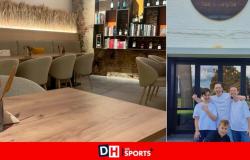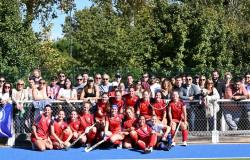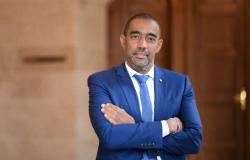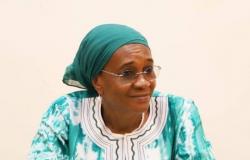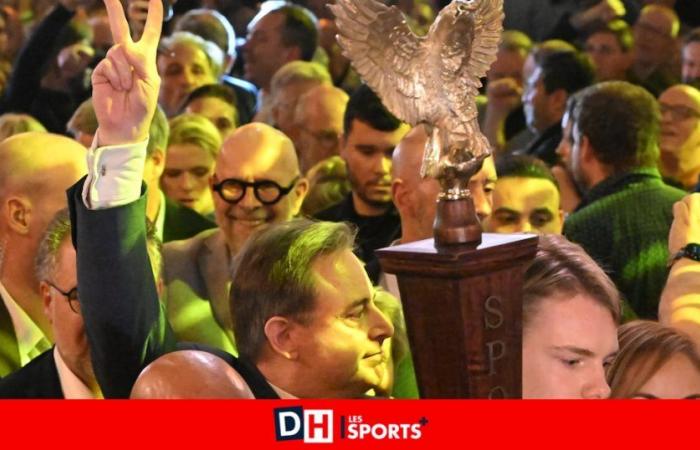
“In Antwerp, Bart De Wever once again managed to win by mobilizing the entire right of the political spectrum around him. He reinforced the idea of a duel between him and the PTB”analyzes Dave Sinardet, professor of political science at VUB and at Saint-Louis University Brussels. “Jos D’Haese had no chance of becoming mayor, even if the necessary conditions seemed to be in place. Vooruit was unlikely to reject the PTB in Antwerp. The communists are now at the gates of the city, and some fear that this means “the end of Antwerp and the port”, seeing in the PTB a “red danger”. De Wever was able to take advantage of the polls which showed the PTB in strong progress, as well as the media attention which liked this duel.”
In Flanders, the big winner is abstention. “Voter turnout was relatively low, lower than we had expected”laments Dave Sinardet, professor of political science. “For these first elections without the obligation to vote, we expected higher participation rates.”
Compared to 2018, Vlaams Belang has progressed, “but it is not a massive oil spill”reframes Dave Sinardet. But the fact of having obtained the absolute majority in Ninove is symbolically very important for the far-right party because it shows that the VB is today capable of taking power in certain places. With 4,388 votes, Tom Van Grieken, the president of Vlaams Belang, achieved the first score in his municipality of Schoten. His party having only achieved the second score, it nevertheless saw itself relegated to the opposition.
Hard blow for Alexander De Croo (Open VLD) who, after failing in the June elections, was elected with 2,300 votes in Brakel. If the outgoing Prime Minister made the first score in his locality, his list only narrowly obtained an absolute majority. A shock, therefore, for the liberals who have always reigned as lords over this small town in East Flanders.
After being overtaken by the socialist John Crombez, who made his score three, the outgoing mayor of Ostend Bart Tommelein (Trots op Ostend) announced that he was retiring from active politics.
In Vilvoorde, Sammy Mahdi sees his cartel (Open VLD-CD&V) take first place with 14 seats. However, the president of the CD&V only had the sixth score with 928 votes. But generally speaking, it was his party which won the municipal elections in Flanders, if we look at the number of municipalities under the Christian Democratic flag.
The president of the Flemish socialists, Conner Rousseau, ultimately failed to win the majority in Sint-Niklaas (Antwerp), his town of residence and where his mother was mayor.
In Wallonia, we could say that the winners are the socialists who managed not to lose their big cities. In Brussels, they managed to delight the mayorate of Schaerbeek.
In the capital, David Leisterh’s troops are doing well with three new mayorates (Watermael-Boitsfort, Forest and Anderlecht). At the time of writing, it appears that they could also take Ixelles. In Mons, all the energy deployed by President Georges-Louis Bouchez was not enough to make them win. In Wavre, town of Charles Michel and historic stronghold of the MR, the liberals lost four seats.
The big losers in these elections are DéFI and Ecolo, who are losing mayorates and majorities almost everywhere.

